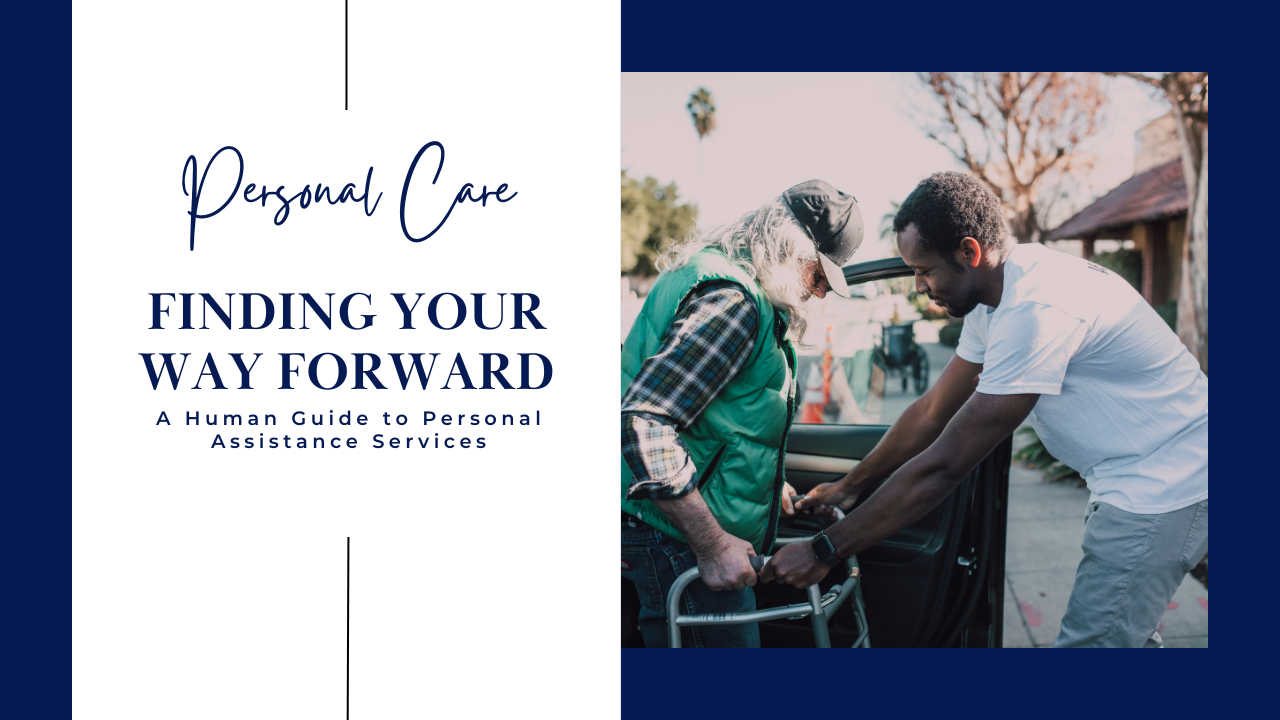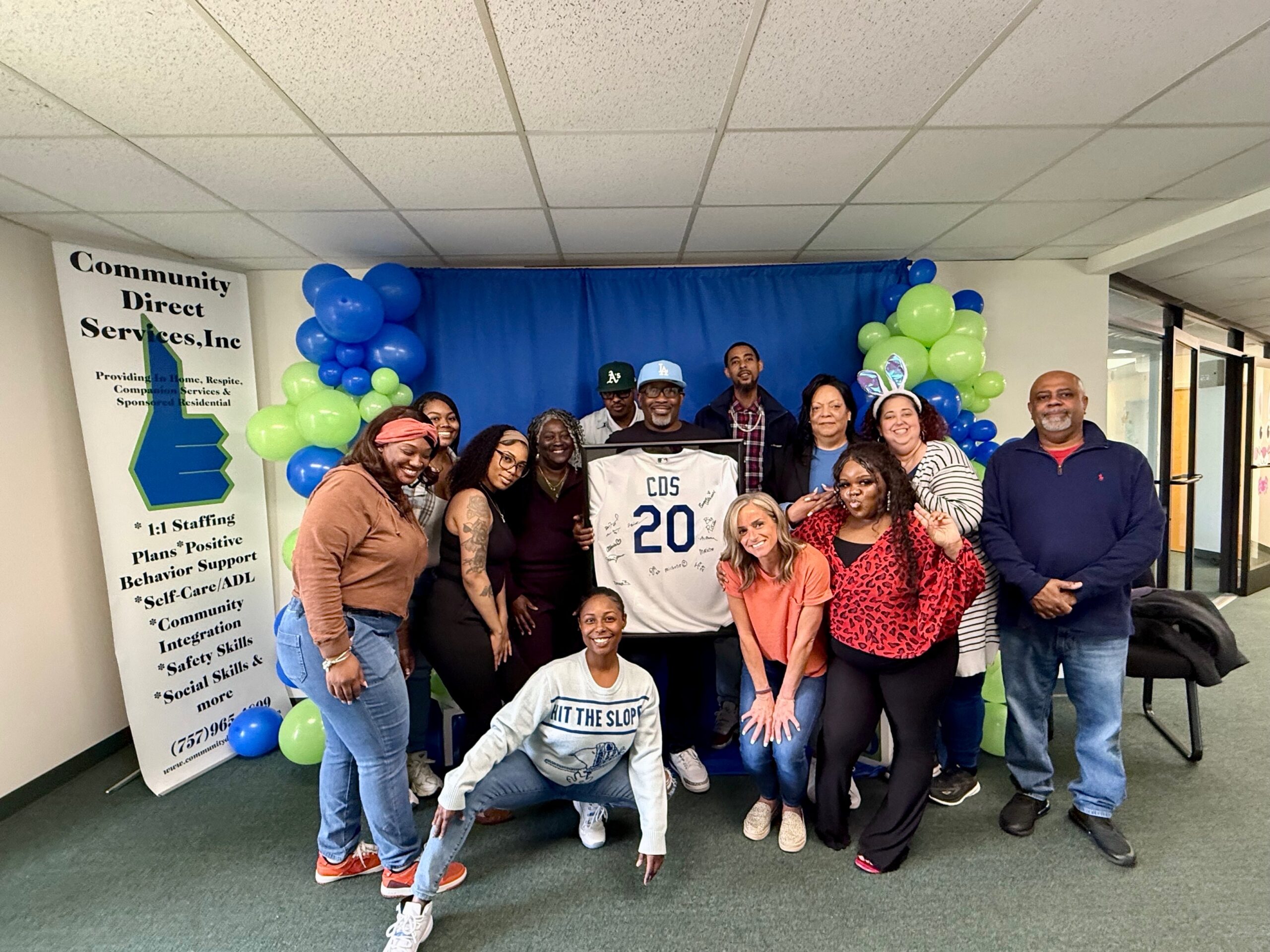AI Tools for Caregiving: How Technology Can Support Parents of Children with Special Needs
As a parent of a child with special needs, you’ve mastered the art of multitasking.
Medication schedules, therapy appointments, doctor visits, school meetings. Each day brings a new logistical puzzle.
Many parents tell us they’ve memorized phone numbers of specialists they never imagined they’d need and can recite insurance codes in their sleep.
What if technology could shoulder some of this mental load? This is where AI tools are making meaningful differences in families’ lives.
The Reality of Caregiver Burnout
The statistics tell us what you already know from experience: caregiving is demanding work.
Parents of children with special needs report spending an average of 30+ hours weekly on care-related tasks, essentially a second full-time job.
This constant juggling act often leads to burnout, affecting your physical health, emotional wellbeing, and even your relationship with your child.
Technology isn’t a magic solution, but thoughtfully designed AI tools can automate routine tasks, freeing up your mental energy for the moments that matter most with your child.
AI Tools Making a Difference Today
Health Management Systems
Together by Renee (Free for iPhone and Android) This application transforms caregiving logistics by:
- Extracting medication information directly from pill bottle images
- Creating customized medication schedules with reminders
- Measuring basic vital signs through smartphone selfies
- Tracking appointments across multiple specialists
Sarah, whose 8-year-old son has autism, shares: “Before this app, I spent Sunday nights sorting pills and setting up alarms. Now, I use that time for a family movie night instead.”
Care Coordination Platforms
Care Daily This platform focuses on the coordination challenges unique to special needs families:
- Creates shared family schedules visible to all caregivers
- Builds private social networks for your child’s care team
- Provides educational resources specific to your child’s condition
- Enables secure messaging between family, therapists, and doctors
Social Skills Development
Social Robots and AI Chatbots For children with autism or ADHD, these tools provide:
- Consistent, judgment-free environments to practice conversations
- Customizable interaction speeds based on your child’s comfort level
- Visual supports for maintaining attention during social learning
- Data tracking to measure progress over time
Virtual Reality Environments These create safe spaces for your child to:
- Practice challenging scenarios like classroom presentations
- Reduce anxiety through controlled exposure to overwhelming situations
- Learn at their own pace with gradually increasing difficulty
Getting Started: A Practical Approach
- Identify Your Greatest Pain PointsWhere do you spend most of your caregiving energy? Is it medication management? Appointment coordination? These areas of highest stress are your starting points.
- Research Tools That Address Your Specific NeedsNot all technology is created equal. The parent community is often your best resource – platforms like Undivided feature forums where parents share honest reviews of which tools actually deliver results.
- Prioritize Privacy and SimplicityLook for tools that:
- Have clear privacy policies about your child’s data
- Can be learned in under 30 minutes
- Integrate with systems you already use
- Offer responsive customer support
Taking the First Step
Start small. Choose one area where technology could make an immediate difference.
Many parents begin with a simple medication reminder app before exploring more comprehensive systems.
Remember that implementing these tools isn’t about replacing the human touch that makes your caregiving special.
It’s about creating more space for those meaningful connections with your child.
The parent community is walking this path alongside you.
As one father shared…”The right tech tools didn’t change my daughter’s diagnosis, but they changed how much energy I have left at the end of the day to just be her dad.”
That might be the most important outcome of all.






